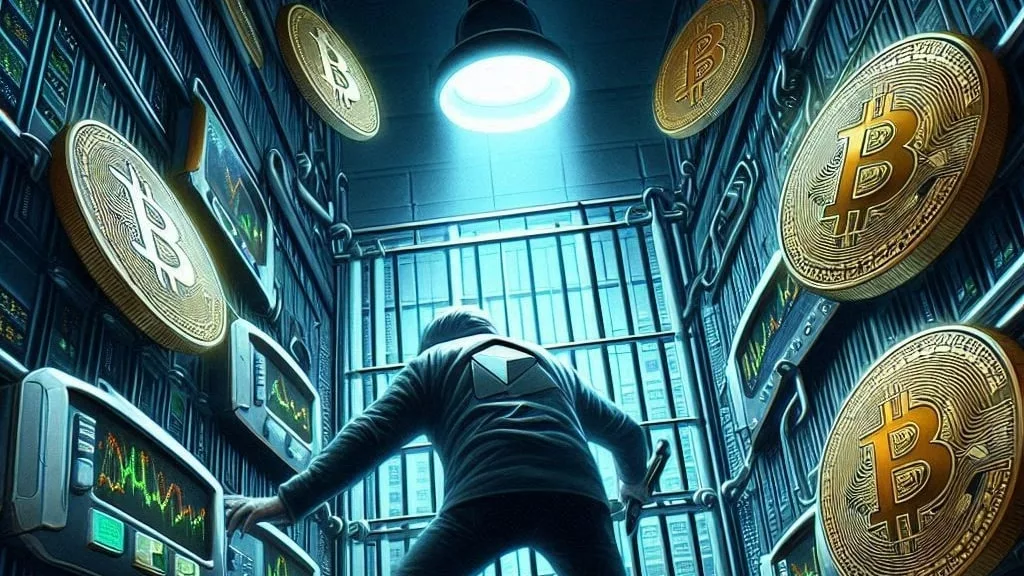
In the ever-evolving world of cryptocurrencies, one legal battle has captured the attention of enthusiasts and skeptics alike: the lawsuit between Ripple and the United States Securities and Exchange Commission (SEC). While some have speculated about the possibility of a settlement, a prominent pro-crypto lawyer believes that a resolution is not on the horizon, shedding light on the intricacies of the case and its potential repercussions for the broader crypto industry.
John Deaton, a seasoned lawyer and advocate for cryptocurrency, recently shared his insights during a discussion on Twitter’s “Spaces” platform. Deaton’s perspective challenges the notion that the SEC is eager to settle with Ripple, emphasizing that external pressures may ultimately compel the regulator to the negotiation table.
At the heart of this legal dispute lies a clash of titans: the SEC, wielding its regulatory authority, versus Ripple, a blockchain company known for its digital asset, XRP. Deaton’s assessment of the situation is grounded in several key factors.
The SEC’s Arrogance: Deaton characterizes the SEC’s leadership, under the guidance of Chairman Gensler, as “arrogant.” This perception stems from the SEC’s initial expectation that Ripple’s executives, Brad Garlinghouse and Chris Larsen, would capitulate without resistance when faced with the agency’s lawsuits. Furthermore, the SEC did not foresee losing the Ripple lawsuit, nor did it anticipate the influence of the approximately 75,000 XRP holders who rallied behind the company.
Potential Ripple Settlement Conditions: While Deaton acknowledges that a settlement is theoretically possible, he highlights the complexity of crafting mutually acceptable terms. Ripple, he explains, would likely insist on specific conditions to safeguard its interests. Notably, Ripple may demand that the SEC align with recent court rulings that differentiate secondary market XRP sales from securities transactions. Additionally, Ripple could push for acknowledgment that its On-Demand Liquidity (ODL) platform, utilizing XRP, does not qualify as a security, and transfers on the platform should not be categorized as securities transactions.
Impact on Other Crypto Cases: Deaton’s assessment delves into the broader implications of a potential Ripple settlement on other SEC lawsuits, particularly the case against Coinbase. The SEC initiated legal action against Coinbase, a prominent cryptocurrency exchange, in June, alleging that it operated an unregistered securities exchange. However, should the SEC concur with Ripple’s contentions, Coinbase could argue that it functions as a secondary market, thereby exempting itself from facilitating securities transfers. This scenario could upend the SEC’s core arguments in its lawsuit against Coinbase.
Timeline and Regulatory Clarity: John Deaton anticipates that both the Ripple and Coinbase cases will likely extend into the following year. While this may prolong the legal battles, he envisions a silver lining—a potential for regulatory clarity in the crypto industry. Such clarity, he believes, will empower the underlying technology to flourish within the U.S. market.
In essence, Deaton’s insights suggest that the Ripple vs. SEC lawsuit is far from reaching a settlement, with implications stretching beyond these two parties. This legal battle carries significant weight in shaping the regulatory landscape for cryptocurrencies in the United States.
As the crypto community eagerly watches these developments unfold, it remains clear that the outcome of this lawsuit will not only impact Ripple and the SEC but also ripple through the broader crypto ecosystem.



Get the latest Crypto & Blockchain News in your inbox.